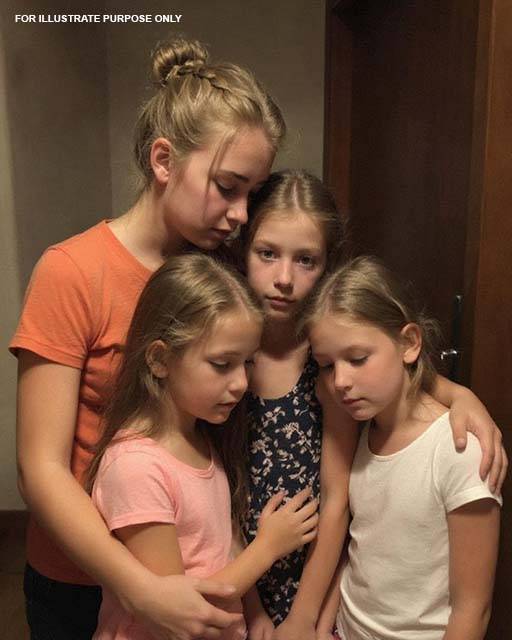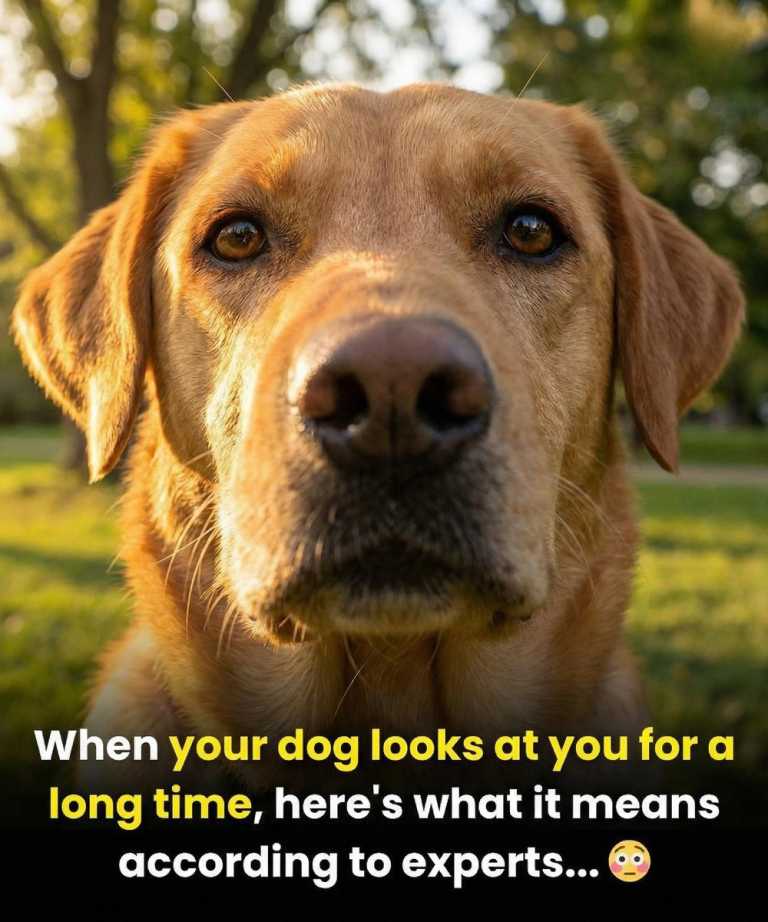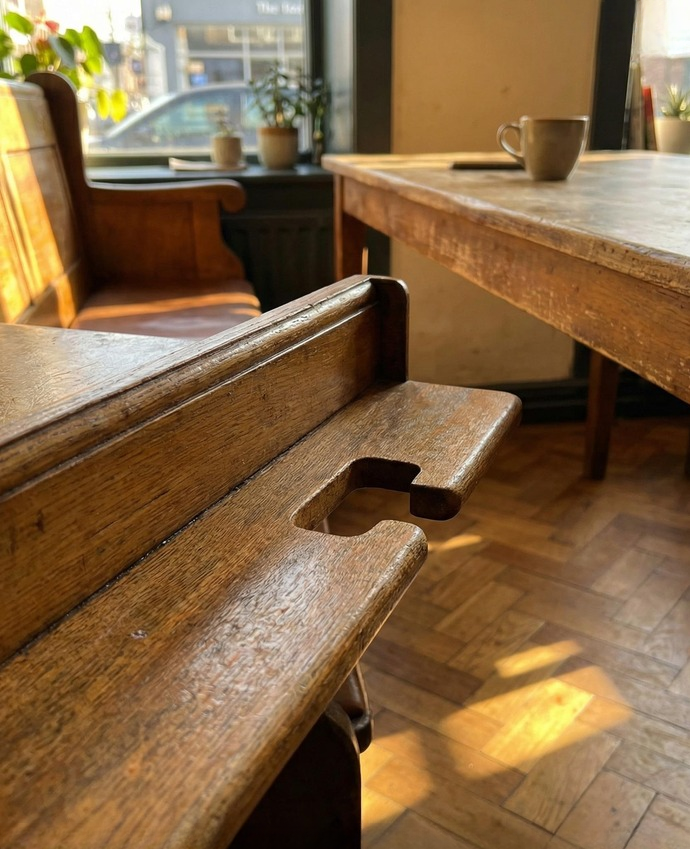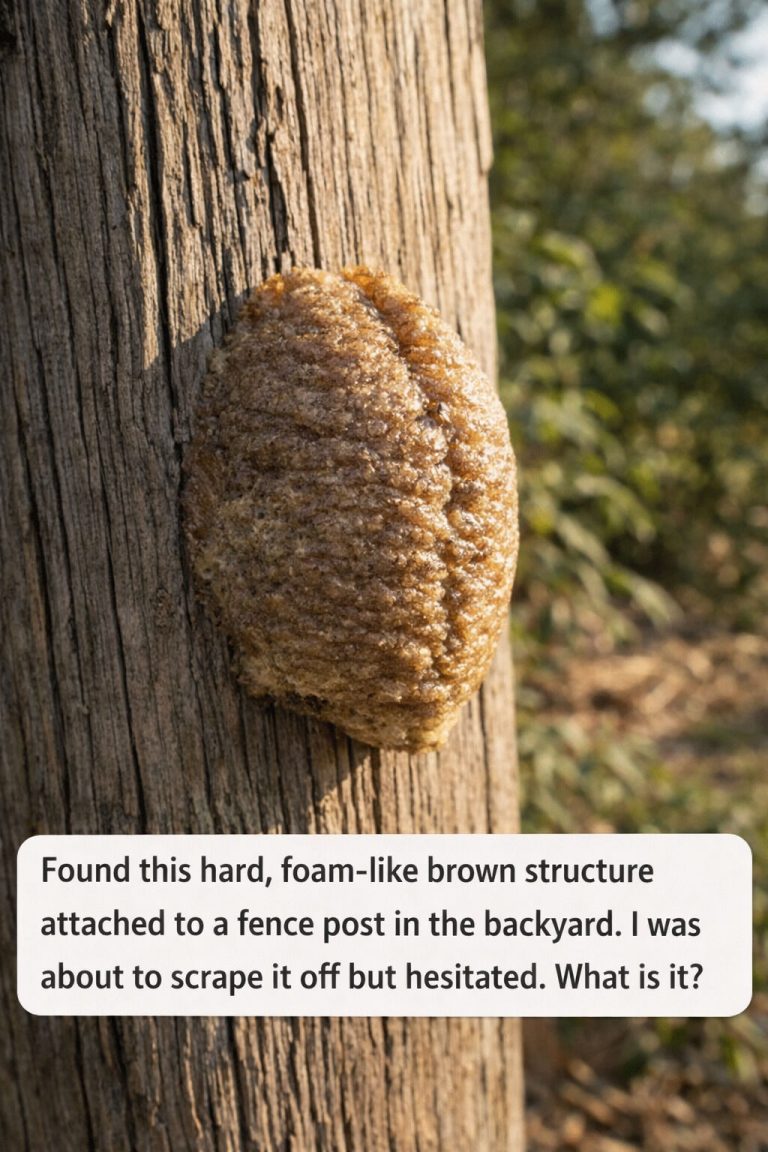
My father didn’t just disappoint me — he erased me. Me, and my three sisters, one by one. All because we were born girls.
I’m nineteen now, but the moment I realized my father didn’t love me is burned into me so deeply it still stings. I was maybe five, sitting cross-legged on Grandma’s old couch, sticky popsicle in hand, staring at the family photos on the mantle.
Birthdays. Vacations. The hospital photo of Dad holding me as a newborn. His face wasn’t angry, or even sad. It was… blank. Like I was the wrong order at a restaurant, something he couldn’t send back but wished he could.
I’m Julia, the oldest of four girls — then came Mia, then Sophie, then little Grace. And every time Mom gave birth and it wasn’t a boy, the air in our house grew heavier. Dad never said it outright, but Mom once told me, voice low, that right after I was born he muttered in the hospital, “Don’t get too attached. We’ll try again.”
His solution to four “failed attempts” at a son? Send us away.
He didn’t scream, didn’t argue. He just dropped each of us at Grandma Margaret’s house like we were mismatched furniture. I went first, before my first birthday. Then Mia, then Sophie, then Grace. Always a few months apart, so no one would notice.
Grandma raised us in her tiny, warm home, baking us our own birthday cakes every year so none of us would have to share. She never yelled. She never made us feel like disappointments. She was our real parent.
Mom didn’t stop him. She’d been worn down long before we were born, and I think she resented the life she’d been handed. Calls from them were rare. A birthday card here and there, signed “Love, Mom and Dad” — no message, no warmth.
Then one day, when I was nine, I overheard Grandma on the phone.
“It’s a boy!” Mom’s voice was bright, giddy. “We named him Lucas.”
And for the first time, I heard Dad laugh — a full, genuine laugh.
A week later, they visited, not for us, but to parade their miracle son around. Dad’s face glowed when he held him. He’d never looked at us that way.
After that, they vanished again.
Eight years later, the past came knocking — literally.
A lawyer showed up at Grandma’s, asking for the names of Walter’s grandchildren — Walter, my grandfather I’d never met. He’d walked out decades earlier, but he’d built a fortune and now was dying.
Grandma listed all of us without hesitation. She didn’t know Dad had been eavesdropping, didn’t know he’d tracked the return address and realized there was money in the picture.
Two weeks later, a rented U-Haul pulled into the driveway. Mom and Dad stepped out, smiling like they’d just come from a family reunion instead of abandoning us for over a decade.
“It’s time to bring you girls home,” Dad said, voice dripping with fake warmth.
That night, they packed our things. Grandma couldn’t stop them — she’d never filed for guardianship, holding onto the hope they’d return for the right reasons.
But I knew better. I knew this wasn’t about love. And by the time he learned I wasn’t just going to let him take what he wanted, it would be far too late for him to undo what I had planned.
When he tried to enroll us back into his picture-perfect life, I played along. I smiled for the family photos, went to his church on Sundays, even helped watch Lucas when they asked. On the outside, I looked like the daughter he always pretended I wasn’t.
But behind closed doors, I was digging.
Grandma still had every letter, every birthday card, every record of how we’d lived with her and not him. I collected them. I spoke to teachers who remembered Grandma showing up for every parent-teacher conference while he never once appeared. I even asked neighbors who recalled the U-Haul trips — him unloading us like luggage.
Piece by piece, I built a case.
By seventeen, I’d filed for emancipation. By eighteen, with the help of a lawyer who believed in me, I petitioned the court to review custody records and inheritance claims.
The day finally came when Dad stood in that courtroom, smug and confident, convinced his “real family” would finally reap the rewards of Walter’s estate.
But as the judge read the evidence — every abandoned daughter’s name, every year he’d neglected us, every testimony from neighbors and teachers — his smugness cracked.
I looked him dead in the eye when the judge announced:
“The estate is to be divided among all of Walter’s grandchildren — equally. Custody and financial guardianship for Julia, Mia, Sophie, and Grace remain independent of their father, Walter’s son, due to documented neglect.”
For the first time in my life, I saw fear in my father’s eyes.
And that’s when I smiled. Because he hadn’t just lost the money. He’d lost control.
Forever.
Dad sat frozen in that courtroom, his face pale. Mom clutched his arm, whispering frantic questions he didn’t answer. The gavel echoed, final and cold.
We were free.
But as we walked out of the courthouse, I felt a tug on my sleeve. Lucas. Eleven years old, skinny arms, eyes far too soft to belong to a man like my father.
“Julia… can I come with you?” he whispered.
For a second, my heart ached. He was innocent in all this. He hadn’t asked to be born into Dad’s obsession, hadn’t chosen to be the golden boy. But behind him, I saw Dad’s shadow lengthen as he barked, “Lucas, get over here. Now.”
Lucas flinched. Not at the sound, but at the tone. It wasn’t the first time he’d heard it.
That night, I couldn’t sleep. His face haunted me — the same way mine must have looked when I was little, begging silently for someone to claim me.
So I made a choice.
With the help of my lawyer, I filed a secondary petition — this time, for custody review of Lucas. Child services opened an investigation, and within weeks, the glossy picture of Dad’s “perfect family” shattered under scrutiny. His neglect of us wasn’t an isolated case — his treatment of Lucas was already following the same pattern.
In court again, Dad roared, denied, raged. But when Lucas stood up, trembling, and said softly:
“I want to live with Julia and my sisters.”
— the room fell silent.
The judge granted temporary custody to Grandma and me. Dad’s face turned red, his lips pressed so tight I thought he might shatter a tooth.
Walking out of that courthouse, Lucas held my hand. For the first time, he wasn’t Dad’s “miracle son.” He was just our brother.
And together, as a family Dad never deserved, we walked into a future he could never poison again.




1 thought on “Our Dad “Wanted a Son,” So He Sent Us to Live with Grandma — Years Later, I Made Him Regret It in Court”